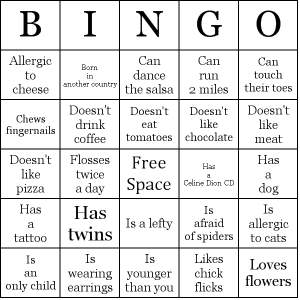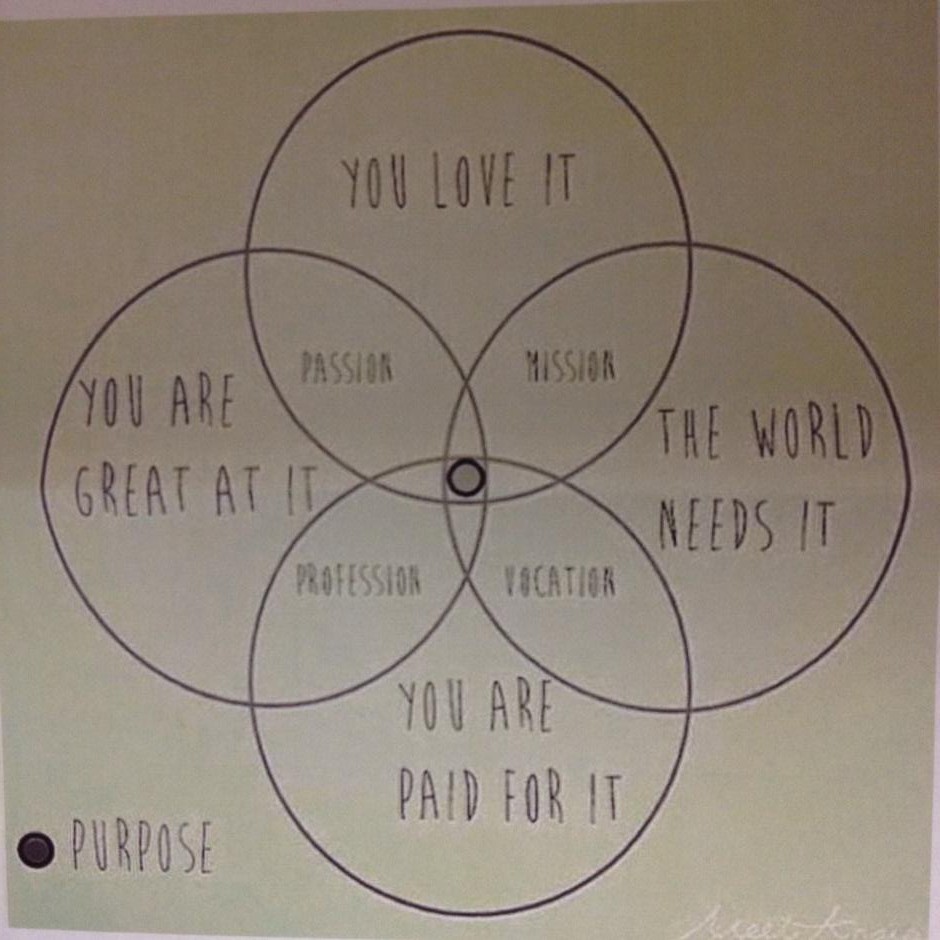I hope you all enjoyed the summertime this year. It is always good to take time to relax, unwind and try a different routine. You are all very welcome back.
Over the summer months I had time to read through some of the student evaluations from the 2015/16 academic year. They are very positive affirmations of your work. Many students note the friendly atmospheres you create, how you put them at ease and how helpful you are. Many refer to ‘having a laugh’ and how they like that they help each other. Indeed, quite often the word ‘fun’ is used. Students report each year that they had fun while learning. It is very positive to hear this. We all know that adults learn best when they feel comfortable, safe and supported and in a fun environment.
One way to bring fun into the learning environment early on is with ice-breakers. They are great ways to help students settle in, relax and build social skills. The right kind of ice-breaker for the right group will help students form friendships and alliances, allow them get to know each other and exhibit the variety of skills and knowledge that students already have before they embark on learning something new. It helps you create the learning environments that are productive and transformative for students.
As well as with new groups, icebreakers are a good way to help a group gel together after a change or to re-energise a group that is flagging a bit.
It is really important that you are very clear on the purpose for using the icebreaker – is it to help students get to know each other? Is it to help them develop empathy? Is it to help them develop an awareness and appreciation of difference? Or it is simply to help students to relax or find a safe way to participate?
A website that I find particularly useful is http://www.businessballs.com. There is a huge number of ideas on this website and what I really like is that it links the practice to the theory e.g. Maslow’s Hierarchy of Needs or Johari Window.
Of course such icebreaker games are not for everybody and it is always best to use your professional judgement on which groups are best to use games with.

Personally I have found that People Bingo works well with a group that is getting to know each other and that needs to be re-energised as they must move around a room and talk to each other. I have made my own ‘Bingo’ cards with questions like ‘In this square write the name of the person who is left handed/ wearing blue/ plays a musical instrument. This is a great way to get to know people’s hidden talents. However a good level of literacy skills are needed for this game but it can be adapted using pictures. For more information on how to make a People Bingo card visit http://adulted.about.com/od/Ice-Breakers-and-Games/ss/How-To-Make-A-People-Bingo-Card.htm. Best of luck in the coming term and academic year.




